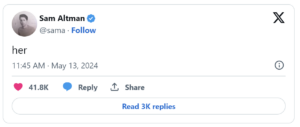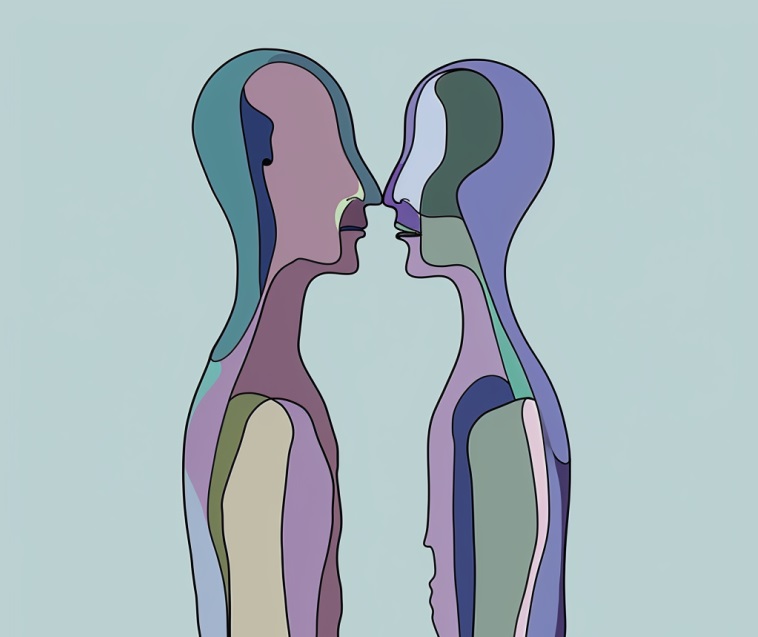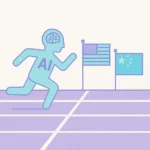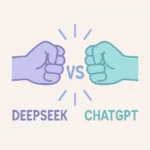Everyone loved Samantha, the flirty AI assistant in the movie Her. Her sultry voice stole the hearts of the audience. It was a hit movie and a favorite among people interested in artificial intelligence. Then a few weeks ago, Scarlett Johansson, the actress who played Samantha, accused OpenAI CEO Sam Altman of using her voice without consent for an AI assistant voice in a ChatGPT demo.
Consent for AI Deepfakery
In a statement made available to media outlets, Scarlett said, “In a time when we are all grappling with deepfakes and the protection of our own likeness, our own work, our own identities, I believe these are questions that deserve absolute clarity. I look forward to resolution in the form of transparency and the passage of appropriate legislation to help ensure that individual rights are protected.” She was not interested in a Scarlet Johansson AI. ScarJo AI. ScarGPT?
After this statement by Scarlett, the voice of Sky was taken down by OpenAI.
The Broader Problem of AI and Digital Identity
Amid widespread concern about digital identity and fraud related to AI, having a major AI company copy someone without their consent has raised awareness to new levels. Digital identity is the collection of information about a person, organization, or electronic device that exists online. This information can include social media profiles, online transaction histories, and other data points that are used to represent and verify the entity in the digital world.
Your pictures, your video, your favorites — the sound of your voice.
In this case it was a popular actresses’ voice being stolen, but the conversation going around is about how the generative AI industry is doing this to a lot of other artists and ordinary people. They do not just take your art, all kinds of information about you can be fed to AI to help it mimic you.
While most people are not bothered about it — Big Data has all our data, what’s new? — for other people it’s disturbing. Evidence: search terms about keeping Meta from feeding its generative AI systems with your personal data were recently trending Google.
Did Altman Try to Steal ScarJo’s Voice?
The question of whether OpenAI did what it is accused of is more complicated than it looks. A few days before the ChatGPT demo launch, Sam Altman posted a single word on Twitter: “Her.”

In an interview at a UN sponsored AI symposium, Sam Altman has denied the allegations, saying, “It’s not her voice, it’s not supposed to be. I’m sorry for the confusion, clearly you think it is, people are going to have different opinions about how much voices sound alike, but we don’t.”
This is coming from him even when he reached out to Scarlett Johansson multiple times in the past before releasing the voice feature for ChatGPT 4.0. To anyone who followed the news, it’s clear that Sam Altman wanted Scarlett Johansson’s “Her” voice to be on OpenAI’s new ChatGPT 4o (the o is for “omni”) but couldn’t get her to agree.
It Wasn’t Really Johansson’s Voice
The Washington Post found that the voice was not Johansson. It was an unknown voice actress. Both the actress and the agent were kept anonymous for privacy reasons but but the agent reportedly told the post it was her natural speaking voice and she wasn’t made to imitate Johansson.
Altman wanted her voice and since he couldn’t get it, he settled for a mimic. The situation is a bit confused then, because it isn’t Scarlett Johansson’s voice — but they took the feature down. If it really wasn’t Scarlett’s voice, why did OpenAI take it down? She can’t sue them for using someone else’s voice. (Or can she?) While I’m in support of Scarlett trying to protect her identity, from this point of view it seems like OpenAI was intimidated into taking down Sky’s voice feature.
Is Your Voice YOUR Voice?
Now that it has been established that it is another woman’s voice and not Scarlett Johansson’s voice raises many questions. How much do you own your voice? With billions of people, there are probably individuals who sound exactly alike, making it difficult to tell them apart.
Or for the sake of argument, what if I could do a really killer Scarlett Johansson impression and decide to spend the rest of my life speaking like her? Is that my voice or hers? I mean, it’s coming out of my throat and my vocal cords… that’s my voice, right?
How much of you is uniquely you? What if another person out there is very similar to you in many ways? Do you have any say over how identities indistinguishable from you, but not you, are used? Or is that only for famous people?





